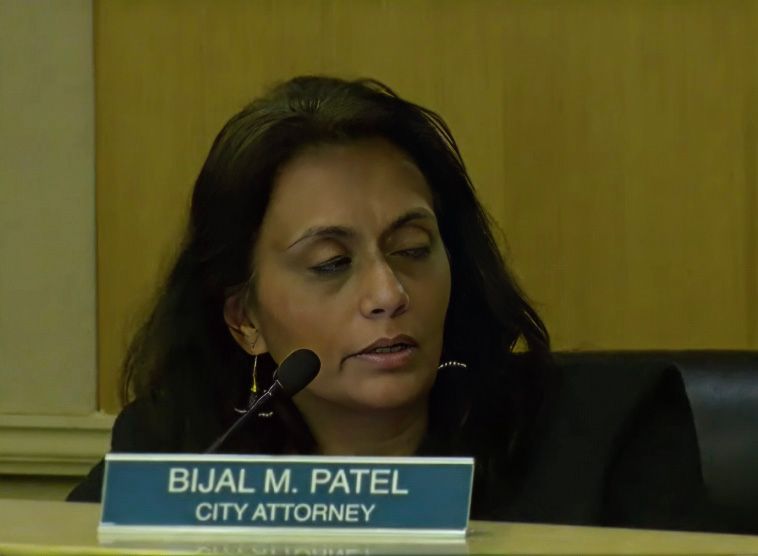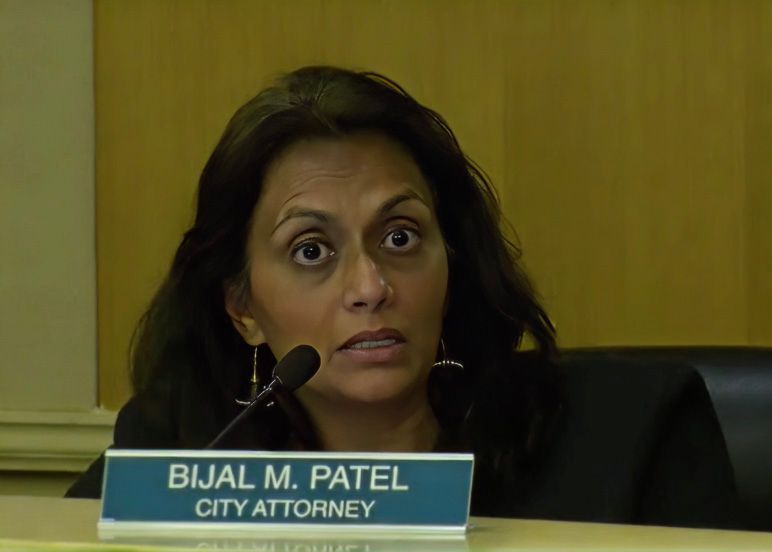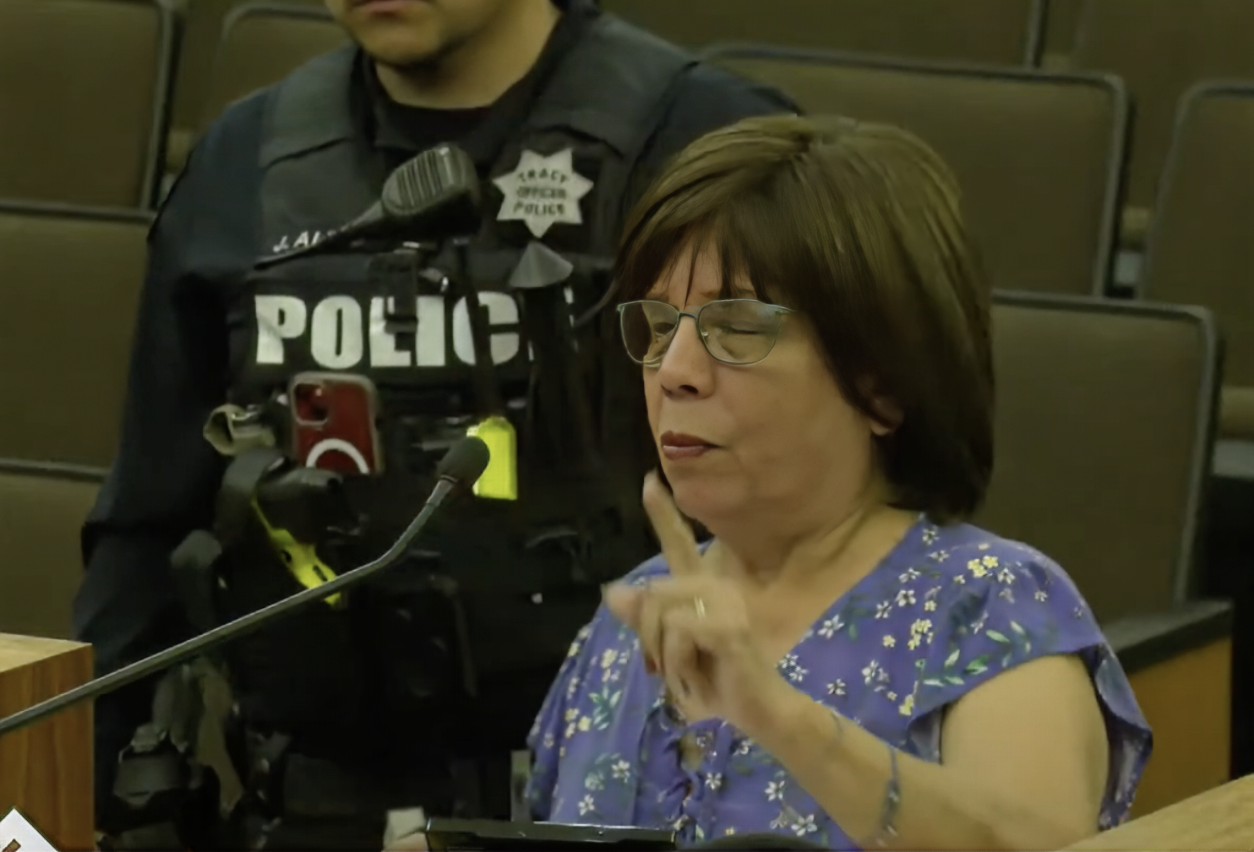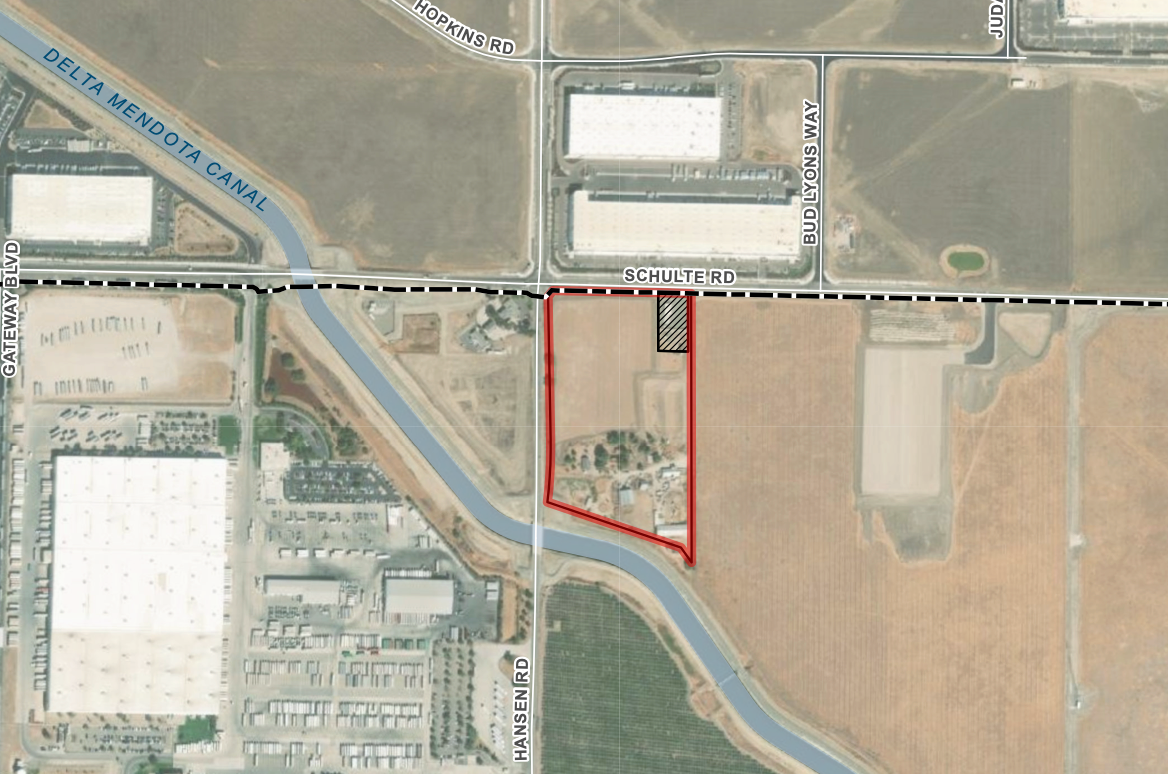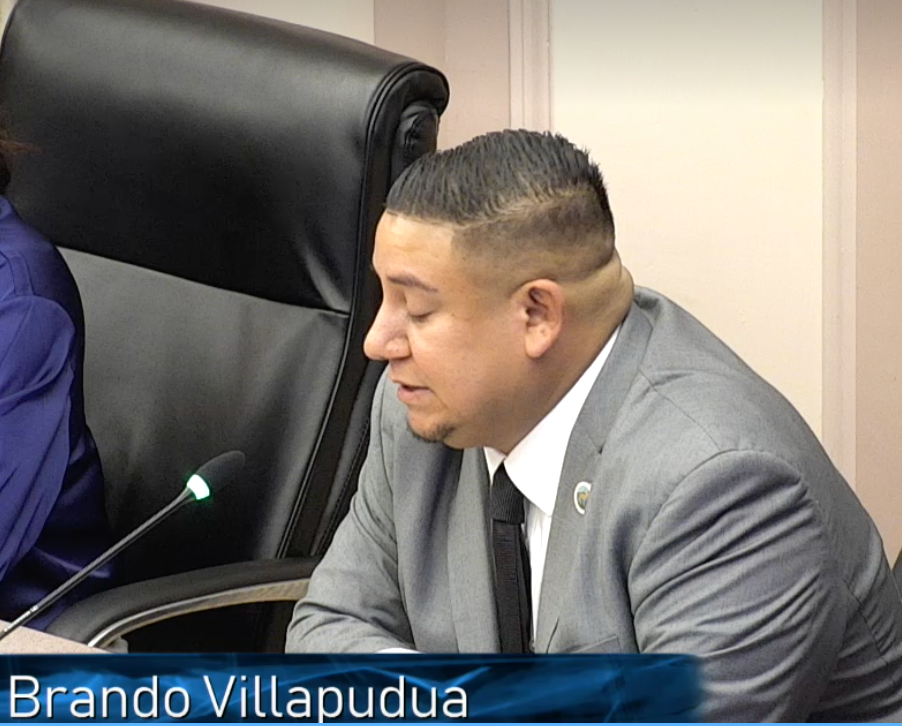The City Lacks Transparency About Cannabis Business Tax Measure Details
27 September 2020
Leaders remain vague on how the revenue from the tax will be used by the City if it passes

After failing to garner the 2/3rds vote needed from residents to approve a cannabis sales tax in 2018, the Tracy City Council voted 5-0 in May 2020 to place Measure W on the ballot to ask Tracy voters if the City should enact a tax on commercial cannabis and industrial hemp activities. If approved, Measure W would levy a local sales tax on cannabis businesses in Tracy not to exceed $12 per canopy square foot for cultivation, up to 6% of gross receipts for retail, and up to 4% for all other businesses.
According to the City, the taxes are expected to arguably only raise anywhere between $350,000 and $700,000 each year for the city. The revenue raised from the tax would go into the City's General Fund and could be used for any municipal governmental purpose.
When asked for more detail on what this new tax revenue will go towards, the City only vaguely said that the City Council will decide (based on community need) how funding will be earmarked for City operational or capital needs, such as public safety services and facilities, youth and senior programs, roadway improvements, and the maintenance and operations of recreation facilities. Why won’t the City Council do what many other Cities have done with similar cannabis tax measures like earmarking and setting aside some of the funds for public health and safety programs, youth drug prevention or police services?
Why is the City trying to downplay that the City Council and the General Fund will benefit at all if Measure W passes? Mayor Robert Rickman told the Tracy Press that “he expected that any money raised would cover the city’s costs for cannabis permitting and regulation.” Really?! So, it will cost the City $700,000 per year to provide one time permits for a handful of businesses (that those same businesses have to pay for on top of this proposed tax BTW) and to “regulate” these handful of businesses every year? That doesn’t really pass the smell test.
Why is the City going out of his way to stress that $700,000 per year in new tax revenue, that will go to the General Fund for the City Council to do whatever they want with, will be a wash for the City? Mayor Rickman told the Tracy Press “This isn’t a moneymaker for the city. The reason there is a tax on this is because the city as an entity is the one that’s going to regulate the industry,” Rickman said, adding that the state regulates tobacco and alcohol, but much of the regulation for cannabis falls on localities. “We can’t be in a position to subsidize an industry. It wouldn’t be fair to other businesses that are hurting.”
Again, this doesn’t pass the smell test. Why try so hard to put a cannabis tax on the ballot in 2018 and again in 2020, if the City isn’t going to benefit from it? And if the City and Mayor Rickman are to be believed, If the permitting and regulation of these handful of businesses in the City will really cost $700,000 per year to maintain, why not earmark the tax revenue to specifically pay for all administrative expenses incurred for regulating these businesses and then mandate that any remaining funds be put towards drug prevention programs or police services?
Pretty sure the answer is because the City will in fact benefit and receive a windfall in new tax revenue if Measure W passes, and the current City Council wants to have a blank check to do whatever they want with that new tax revenue. The fact they aren’t being transparent about it is suspicious at best.
According to the City, the taxes are expected to arguably only raise anywhere between $350,000 and $700,000 each year for the city. The revenue raised from the tax would go into the City's General Fund and could be used for any municipal governmental purpose.
When asked for more detail on what this new tax revenue will go towards, the City only vaguely said that the City Council will decide (based on community need) how funding will be earmarked for City operational or capital needs, such as public safety services and facilities, youth and senior programs, roadway improvements, and the maintenance and operations of recreation facilities. Why won’t the City Council do what many other Cities have done with similar cannabis tax measures like earmarking and setting aside some of the funds for public health and safety programs, youth drug prevention or police services?
Why is the City trying to downplay that the City Council and the General Fund will benefit at all if Measure W passes? Mayor Robert Rickman told the Tracy Press that “he expected that any money raised would cover the city’s costs for cannabis permitting and regulation.” Really?! So, it will cost the City $700,000 per year to provide one time permits for a handful of businesses (that those same businesses have to pay for on top of this proposed tax BTW) and to “regulate” these handful of businesses every year? That doesn’t really pass the smell test.
Why is the City going out of his way to stress that $700,000 per year in new tax revenue, that will go to the General Fund for the City Council to do whatever they want with, will be a wash for the City? Mayor Rickman told the Tracy Press “This isn’t a moneymaker for the city. The reason there is a tax on this is because the city as an entity is the one that’s going to regulate the industry,” Rickman said, adding that the state regulates tobacco and alcohol, but much of the regulation for cannabis falls on localities. “We can’t be in a position to subsidize an industry. It wouldn’t be fair to other businesses that are hurting.”
Again, this doesn’t pass the smell test. Why try so hard to put a cannabis tax on the ballot in 2018 and again in 2020, if the City isn’t going to benefit from it? And if the City and Mayor Rickman are to be believed, If the permitting and regulation of these handful of businesses in the City will really cost $700,000 per year to maintain, why not earmark the tax revenue to specifically pay for all administrative expenses incurred for regulating these businesses and then mandate that any remaining funds be put towards drug prevention programs or police services?
Pretty sure the answer is because the City will in fact benefit and receive a windfall in new tax revenue if Measure W passes, and the current City Council wants to have a blank check to do whatever they want with that new tax revenue. The fact they aren’t being transparent about it is suspicious at best.



